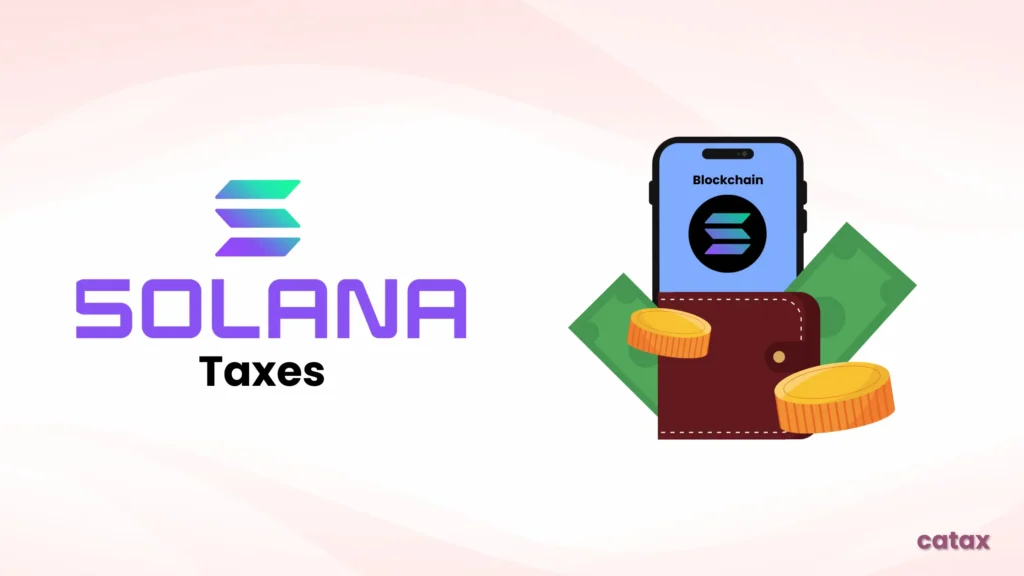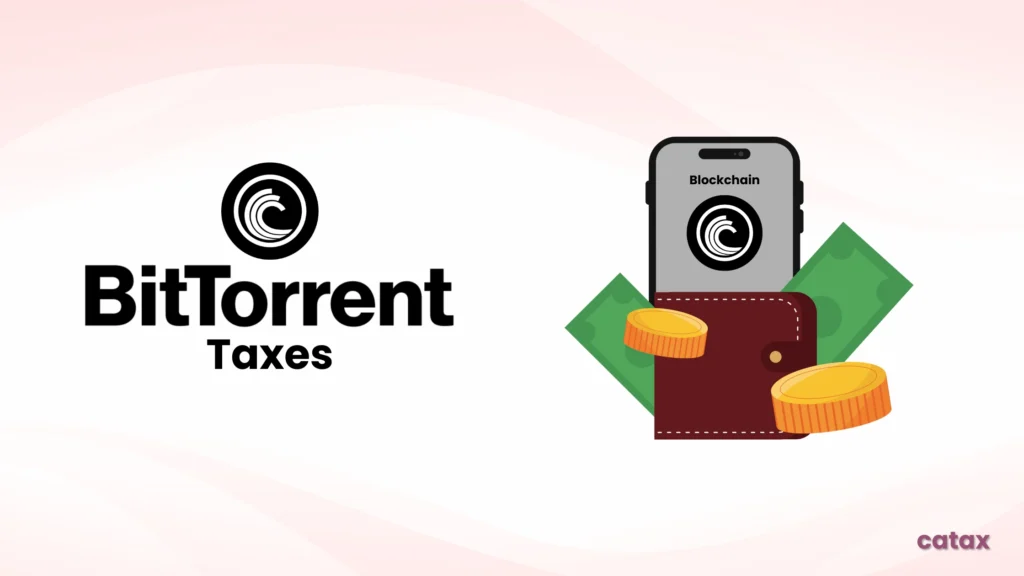Cryptocurrency tax rules vary across countries, and Polygon (MATIC) transactions may be taxable based on local regulations. Whether you buy, sell, trade, or stake MATIC, understanding how tax authorities classify these activities can help you stay compliant and avoid penalties.
This guide explains key tax considerations for Polygon (MATIC) investors and traders.

How to Connect Your Polygon Wallet with Catax
You can track your Polygon (MATIC) transactions and calculate taxes easily by connecting your wallet to Catax. Follow these steps:
- Open your Polygon wallet or block explorer (such as MetaMask, Trust Wallet, or any supported wallet).
- Copy your public wallet address or key.
On Catax:
- Log in to catax.app.
- Click on Integrations in the left menu.
- Select Chain and search for Polygon Wallet.
- Paste your public address and click Connect.
Once connected, Catax will sync your transactions to simplify tax calculations.
Do You Need to Pay Tax on Polygon (MATIC) Transactions?
Yes, most countries tax Polygon (MATIC) transactions. Governments classify cryptocurrencies as capital assets, property, or income, depending on how you use them.
You may need to pay taxes when you:
- Sell MATIC for a profit (capital gains tax may apply).
- Trade MATIC for another cryptocurrency (crypto-to-crypto swaps can be taxable).
- Earn MATIC through staking or rewards (some countries tax staking income when received).
- Use MATIC for purchases (spending crypto may trigger capital gains tax).
Since tax laws vary, check how your country treats Polygon transactions.
Can You Deduct Trading Fees and Other Costs?
Some tax authorities allow traders to deduct expenses, while others limit deductions.
You may be able to deduct:
- Trading fees from exchanges.
- Gas fees for transactions.
- Security and custody costs for storing MATIC.
In some countries, only the cost of acquiring MATIC is deductible when calculating taxable profits. To avoid mistakes, review your country’s tax rules before filing.
How Is Staking Income Taxed?
If you earn MATIC through staking, the tax treatment depends on local regulations.
- Some countries tax staking rewards as income when you receive them.
- Others apply capital gains tax when you sell your earned MATIC.
Check your country’s policy to know when and how staking rewards are taxed.
Does Holding Polygon (MATIC) Longer Reduce Taxes?
Your tax rate may depend on how long you hold MATIC before selling. Tax rules vary, but common
structures include:
- Some countries apply a fixed tax rate on all crypto profits, no matter how long you hold them.
- Short-term gains (holding MATIC for less than a year) may be taxed at a higher rate.
- Long-term gains (holding MATIC for more than a year) may qualify for lower tax rates.
How to Stay Compliant with Polygon (MATIC) Tax Regulations
Governments are tightening cryptocurrency regulations, making tax compliance important. To avoid penalties:
- Check how your country classifies and taxes Polygon (MATIC) transactions.
- Confirm whether you can deduct trading fees, losses, or staking rewards.
- Keep detailed records of all transactions to ensure accurate tax reporting.
- Consult a tax professional if necessary to comply with local tax laws.


